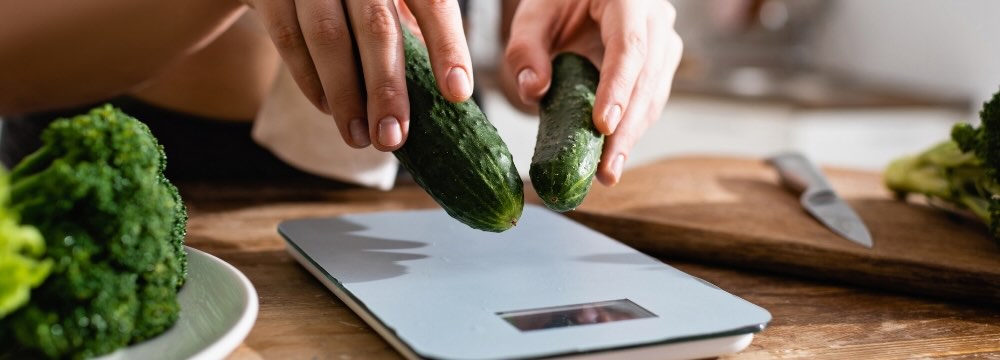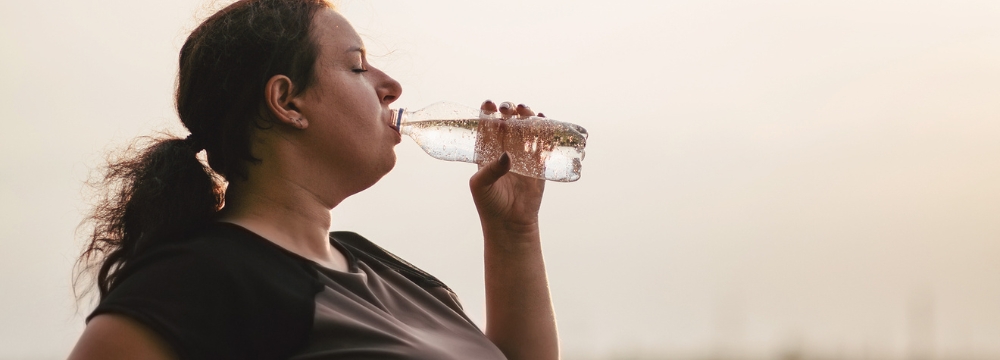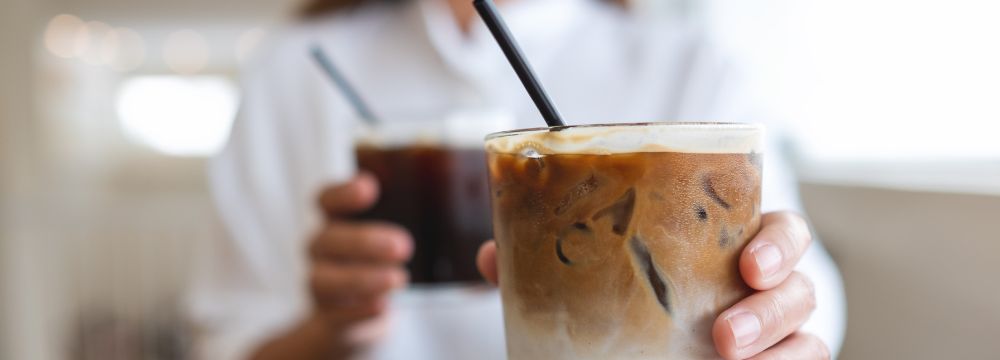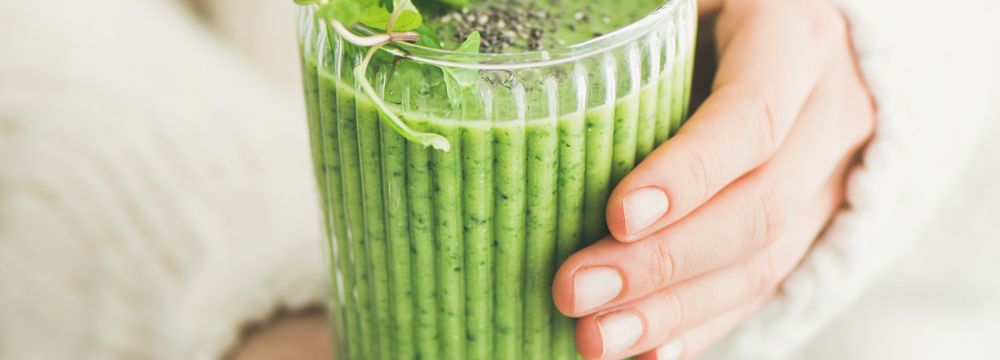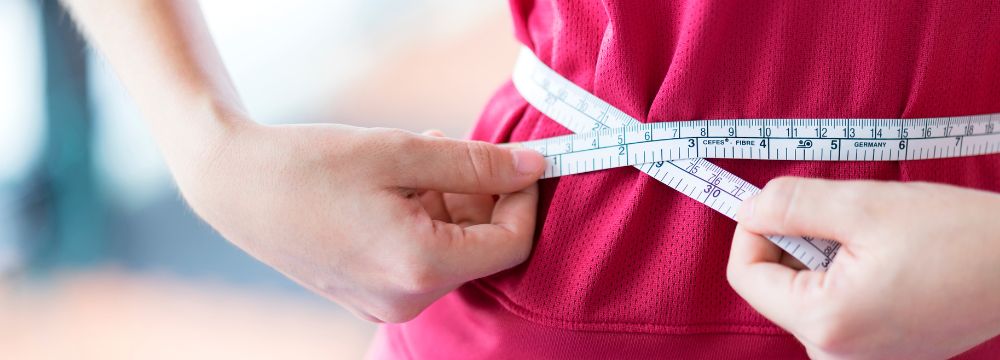Dr. Tsuda’s Key Points
- Minimal coffee within the first six months after surgery
- Longer-term coffee is OK and even protective
- Minimize what you put IN the coffee
- As with most foods and drinks, moderation is the key
You may be worried about losing some of your food and drink pleasures after bariatric surgery, and many patients enjoy a morning or afternoon coffee. But do you have to get rid of your coffee after surgery, or can you continue enjoying it (in moderation)? Over the years, coffee has been promoted and maligned and, at various points, has been considered carcinogenic and antioxidant. However, the general consensus is that coffee offers a benefit in moderation, and some studies have even shown that it can be cardioprotective. With that said, whether you should drink coffee after bariatric surgery is not quite so cut and dried. Let’s jump in.
In the Immediate Postop Period
Coffee is probably not a good idea for a couple of reasons. First, the caffeine in coffee can be unsettling to your G.I. system and cause discomfort. In severe cases of upset, it may prevent you from consuming the nutrition you need to stay healthy. As such, we suggest that you avoid coffee for at least the first six months after surgery. You might ask if decaf is OK, and it’s certainly better. However, decaf can still be quite acidic and cause some discomfort. That said, if you can find a low-acidity decaf coffee you enjoy, you can probably start drinking a few sips once fully healed.
Does It Contribute to Dehydration?
This is an interesting question we often get about coffee, and the traditional thinking is that yes, it does. Caffeine is a diuretic and, therefore, can dehydrate you. The diuretic effect is not significant, and coffee will hydrate you on balance. If you have a morning cup of coffee, we suggest you follow it up with a glass of water to ensure you are fully hydrated and ready for the day.
Longer-Term
This brings up the idea of coffee dependence. Ideally, we would not use a stimulant to stay awake at work or during that natural post-lunch lull. Instead, we want our patients to use proper hydration and good eating habits to maintain their focus throughout the day. Some tips for drinking water and coffee:
First, you should hydrate well throughout the day. Sixty-four ounces of water is often insufficient, especially if you work out regularly. If you feel sluggish during the day, consider upping your water intake. This can be hard to do at work, but there are many ways to try. Also, spread your consumption over the day rather than chugging lots at once.
Drinking coffee later in the day can be problematic for sleep, which is crucial to losing weight. Even a small deficit in sleep can make a big difference in your weight loss results. Seven to eight hours of sleep is critical to your weight loss program.
Last but certainly not least is what you put in the coffee. You can imagine that the high-sugar syrup options that one can get from major coffee chains are out the window. With significant calorie counts, these are genuinely problematic. However, the milk and sugar you add to your coffee must also be well-controlled. While coffee with one sugar and some skim milk probably won’t make a huge difference, doing this three or four times absolutely can. Use a calorie counting app to determine exactly how many calories you consume through sugar and milk.
The Bottom Line
As with most things after bariatric surgery, we want you to enjoy what you eat and drink, but we also want you to be mindful of the pitfalls of certain foods you consume—coffee should be enjoyed in moderation after about six months. If you stick by your post-op guidance, you should not have any issues and enjoy it while maintaining excellent weight loss progress.



